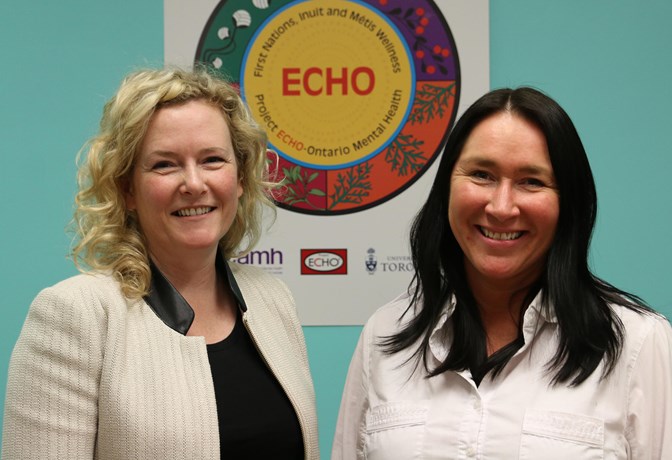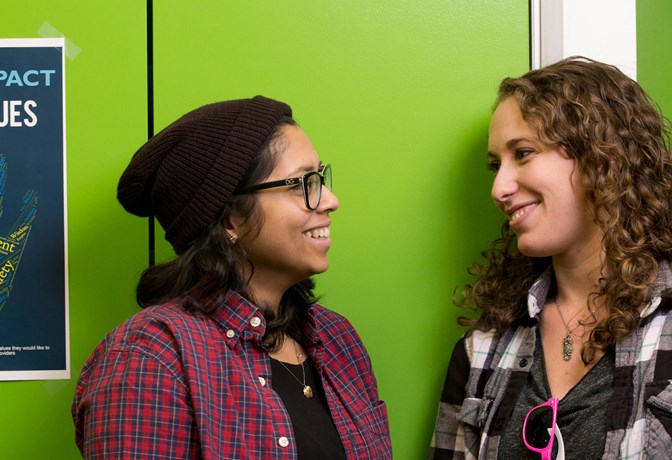“Culturally Adapted CBT takes a Western practice and adapts it to address the issues that many racialized communities are experiencing in terms of mental health,” she says. “One of the things we tend not to understand clearly in the Canadian context is that different cultures have different concepts of being well, especially when it comes to mental health and mental illness.”
In partnership with CAMH, WHWH has expanded its use of culturally adapted CBT with impressive results. In the last two years, the percentage of women treated at WHWH who were admitted to emergency departments has dropped dramatically, from 30 per cent to less than three per cent. That’s thanks in large part, she says, to the partnership with CAMH.
“I can’t speak highly enough about this model,” she says.
It has been so successful that Massaquoi is now working with Drs. Branka Agic and Kwame McKenzie on a research project to explore in greater depth how this model might be replicated in other health care settings.
“This is exactly the kind of successful partnership CAMH hopes to build upon with our renewed Health Equity strategy to further collaborate with community-based service providers who have deep expertise working with multiple diverse, racialized and other marginalized groups,” says Janet Mawhinney, Director of Community Engagement at CAMH.




